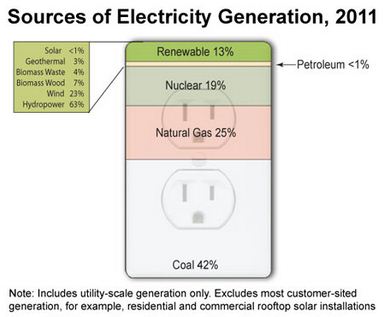Putting Israel In Perspective
SEARCH BLOG: ISRAEL
International boundaries have changed for as long as there have been boundaries. It is accepted, even if it is not liked. Boundaries change for a variety of reasons, but the most common is war. World Wars I and II changed the map of Europe and parts of Asia. No one is arguing that the time has come to forget the past and restore old borders and old politics. Yet that is the case with the countries around Israel. Israel was attacked and repelled its attackers. Israel occupied and annexed some land as a result of their victory in war. The land it kept was seen by Israel as key to preventing similar future attacks. But those countries that lost the land think they deserve it back.
What happens if Israel is attacked again and loses the war? Will the world respond that Israel should be restored in 40 or 50 or 60 years? Not likely.
This post from Joshuapundit provides some interesting perspective on Israel:
Israel's Crucial Security Needs In Any Peace SettlementOne more perspective:
People who have never been to Israel have no idea how small the area is that we're talking about, how vulnerable Israel is to attack from hostile neighbors or what the facts on the ground actually look like. This video, from the Jerusalem Center gives you an excellent idea of these factors and what Israel's security needs actually are to ensure any kind of viable and lasting peace.
If that is too much of a threat to 1 billion Muslims, that's not saying much for the Muslims. Face it, World, you just don't like Jews. They represent the part of the human spirit that just won't give in to the worst you have to offer. Ever the small minority in a very hostile world, they continue to find a way to survive and thrive... and contribute mightily to the rest of the world. No, they are not all from Israel. These are:
That's better than 1% of the total Nobel prizes awarded. Relative to the world's population of 6 billion people, Israel should have a population of 60 million for that kind of representation. Israel has an actual population of just a hair more than 1/10th of that... meaning they contribute about 10 times as much in significant contributions to the world than one would reasonably expect for their population.
Iran appears to have the reverse ratio.
I'd say the world needs Israel a lot more than it needs Iran. Perhaps Iran would be willing to part with 8-10,000 square miles as a Palestinian homeland. That would earn Iran a Nobel prize.






